Apple and Google accused of "fleecing" customers with inflated storage prices
Consumer rights champion Which? uncovers huge mark-ups of more than 1,000 per cent on leading tablets.


Tablet manufacturers are adding mark-ups of more than 1,000 per cent for extra storage on their devices, according to an investigation by consumer champion Which?
The organisation said Google, Apple and Amazon are "fleecing" customers with "outrageous" mark-ups, with Apple reportedly charging users 80 more for the 32GB version of the iPad Air than its 16GB version, despite it costing Apple less than 6.
It also claims Google charges an extra 70 to increase the capacity of its Nexus 10 from 16GB to 32GB and Amazon charges 40 for the same storage increase on its Kindle Fire HDX 8.9.
The best thing about using a tablet is filling it with apps, songs and videos that you love. But all of this content gobbles up storage space fast.
The firm branded this profiteering as "scandalous" and said people wishing to buy a tablet for Christmas would be better off with a device that came with an SD or MicroSD slot where storage could be increased for a fraction of the cost.
Tablets that allow users to insert a memory card include the Samsung Galaxy Tab 3, Microsoft Surface RT and Sony Xperia Tablet Z, it added.
"The best thing about using a tablet is filling it with apps, songs and videos that you love. But all of this content gobbles up storage space fast, and tablets use Flash memory that's limited in size," the Which? report said.
"Unlike with PCs, tablet storage is difficult to upgrade after you've purchased your model. That's because most tablet bodies are sealed and don't let you install further hardware."
Sign up today and you will receive a free copy of our Future Focus 2025 report - the leading guidance on AI, cybersecurity and other IT challenges as per 700+ senior executives
Ben Miles, from PC maker Chillblast, said 16GB of Flash memory is "mind-numbingly cheap now".
"As a general rule, for manufacturers like ourselves, Flash costs less than 40p per GB, so for companies to charge so much for an extra 16GB seems scandalous," he added.
Which? editor Richard Headland added: "With tablets in demand this Christmas, buyers will be shocked to discover what a raw deal they're getting on built-in memory."
Which? also found the actual amount of storage is not the same as advertised because operating systems and built-in apps take up space.
Apple and Google declined to comment on the Which? report.
Rene Millman is a freelance writer and broadcaster who covers cybersecurity, AI, IoT, and the cloud. He also works as a contributing analyst at GigaOm and has previously worked as an analyst for Gartner covering the infrastructure market. He has made numerous television appearances to give his views and expertise on technology trends and companies that affect and shape our lives. You can follow Rene Millman on Twitter.
-
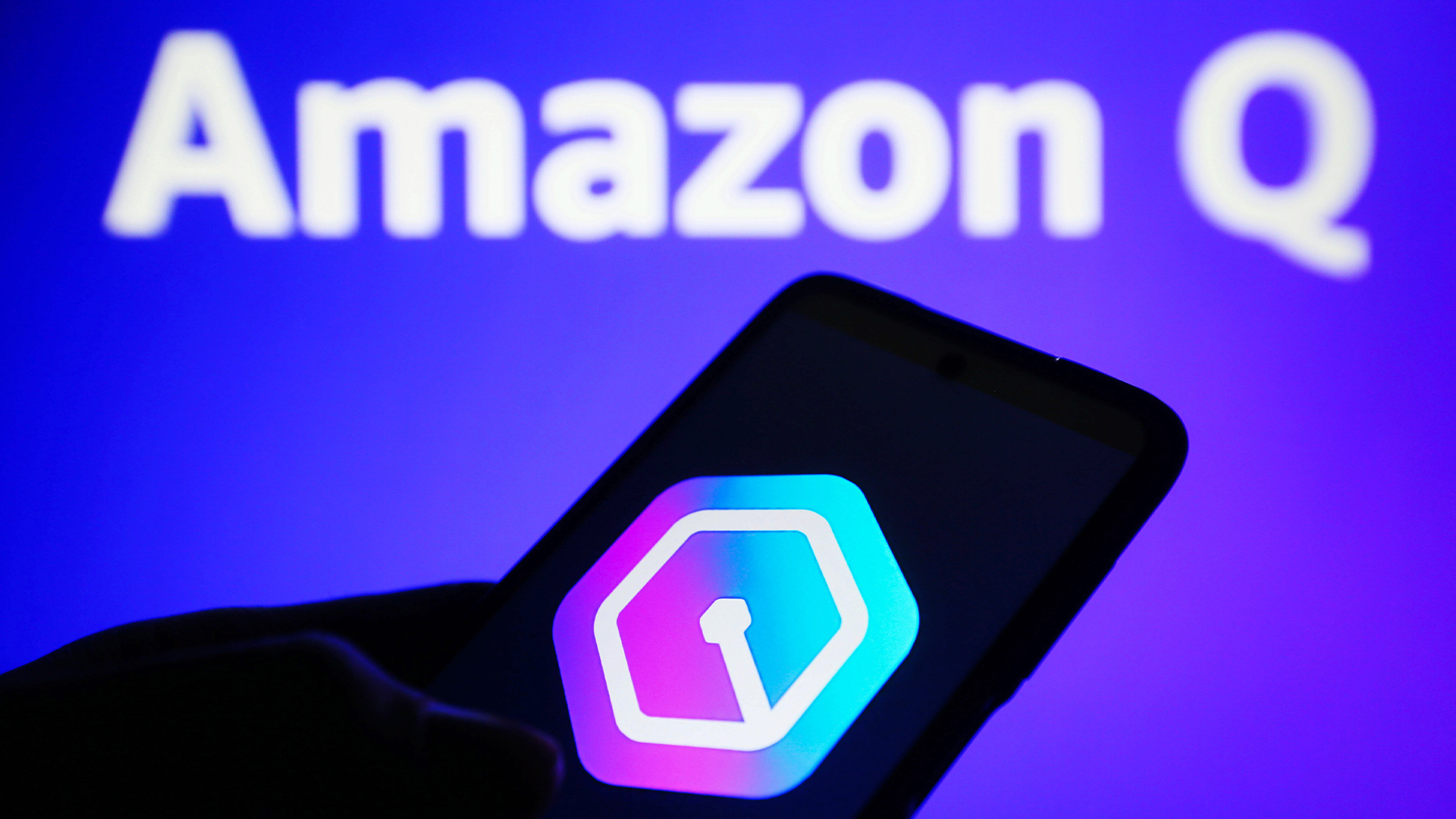 AWS expands language support for Amazon Q Developer
AWS expands language support for Amazon Q DeveloperNews AWS has expanded support for languages in Amazon Q Developer, making it easier for developers to code in their first language.
-
 Redis insists license changes were the “only way to compete with Amazon and Google” — now it could face a user exodus
Redis insists license changes were the “only way to compete with Amazon and Google” — now it could face a user exodusNews Redis sparked controversy when it announced licensing changes in March this year – but the company believes the move was warranted
-
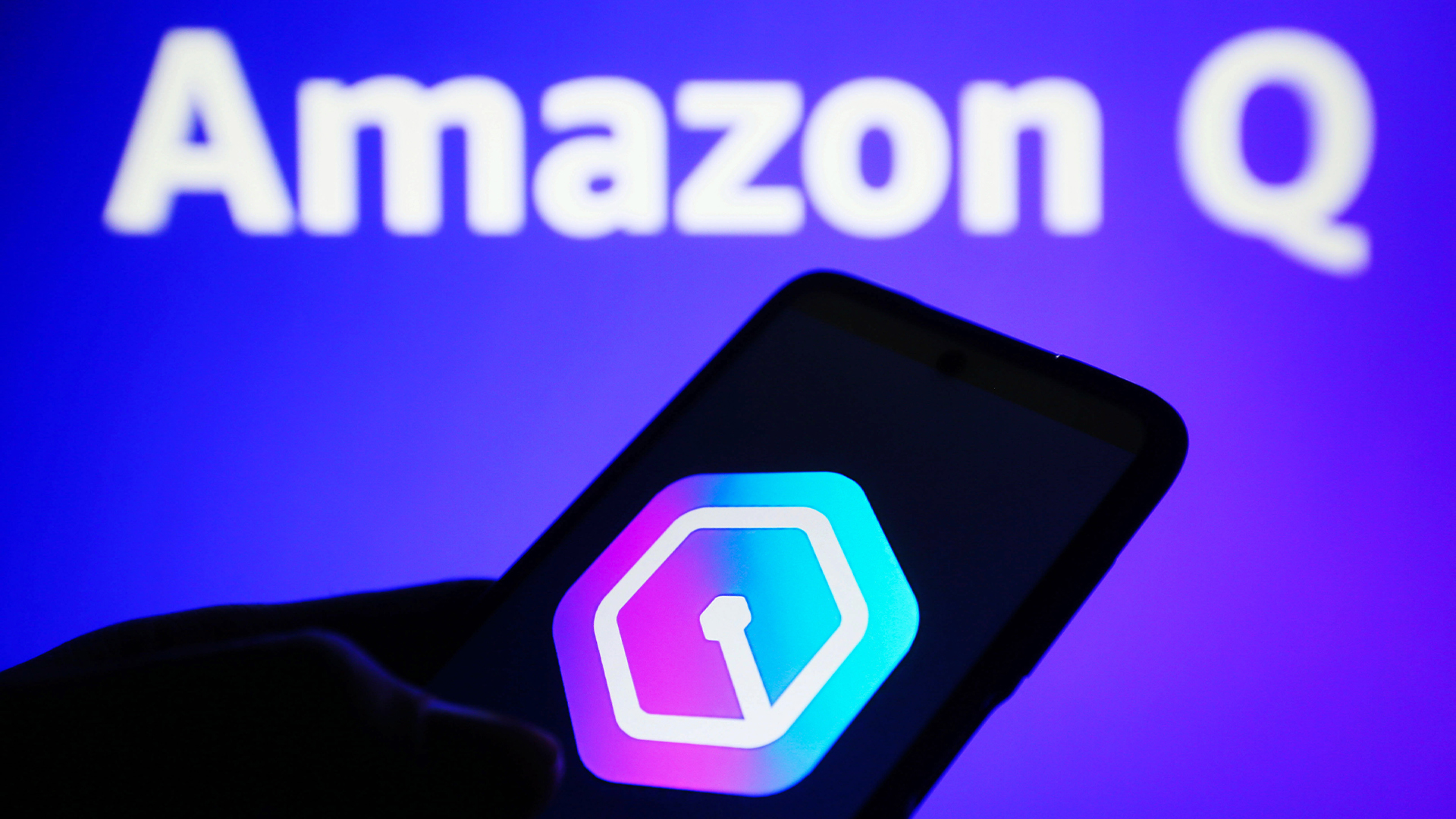 Everything you need to know about Amazon Q, including features, pricing, and business tiers
Everything you need to know about Amazon Q, including features, pricing, and business tiersExplainer Amazon Q can help developers write code faster and help workers with no coding experience build their own generative AI apps
-
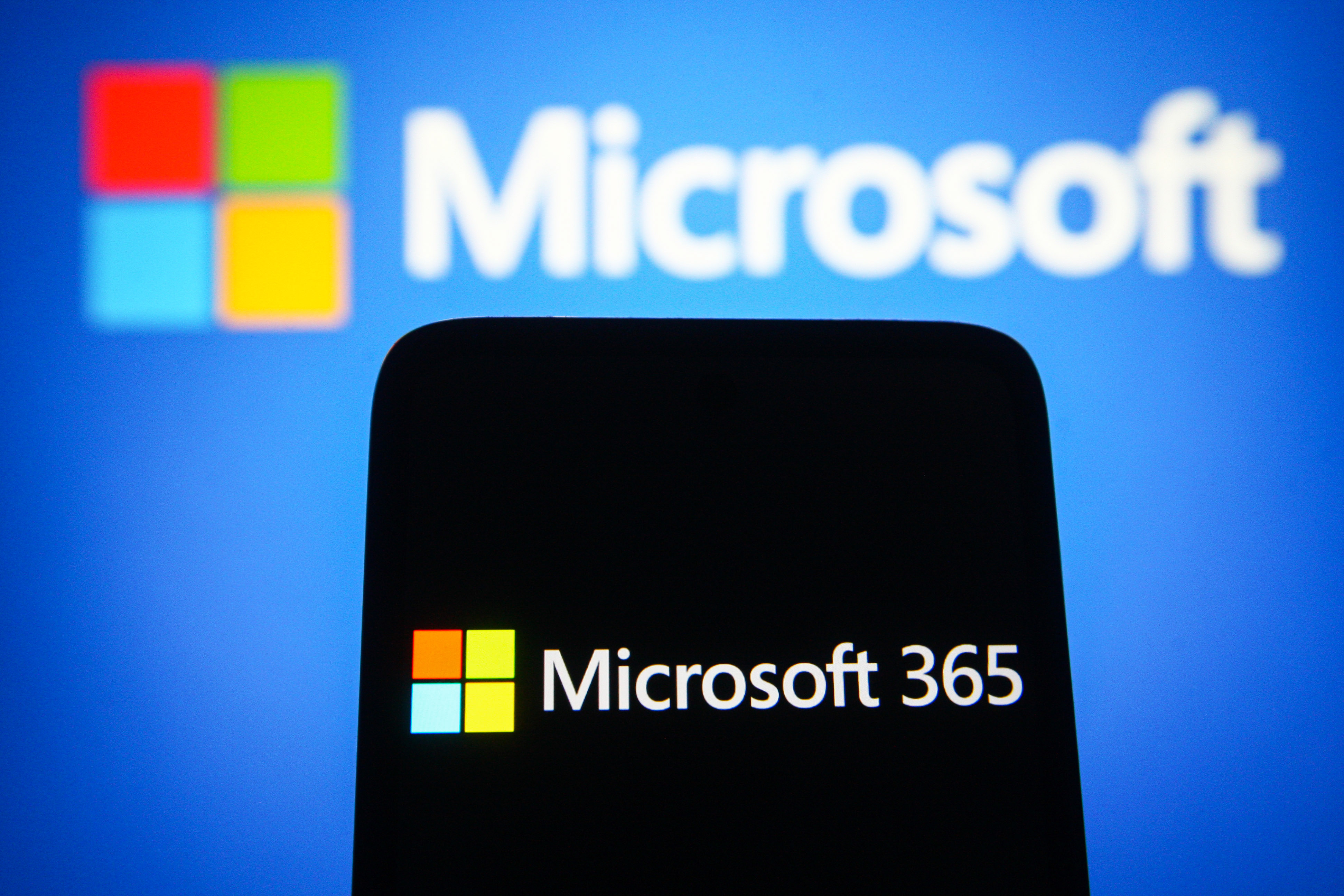 Amazon to become Microsoft 365 customer in landmark $1 billion deal
Amazon to become Microsoft 365 customer in landmark $1 billion dealNews The Microsoft 365 deal marks a major pivot for Amazon, which has traditionally avoided using rival cloud products
-
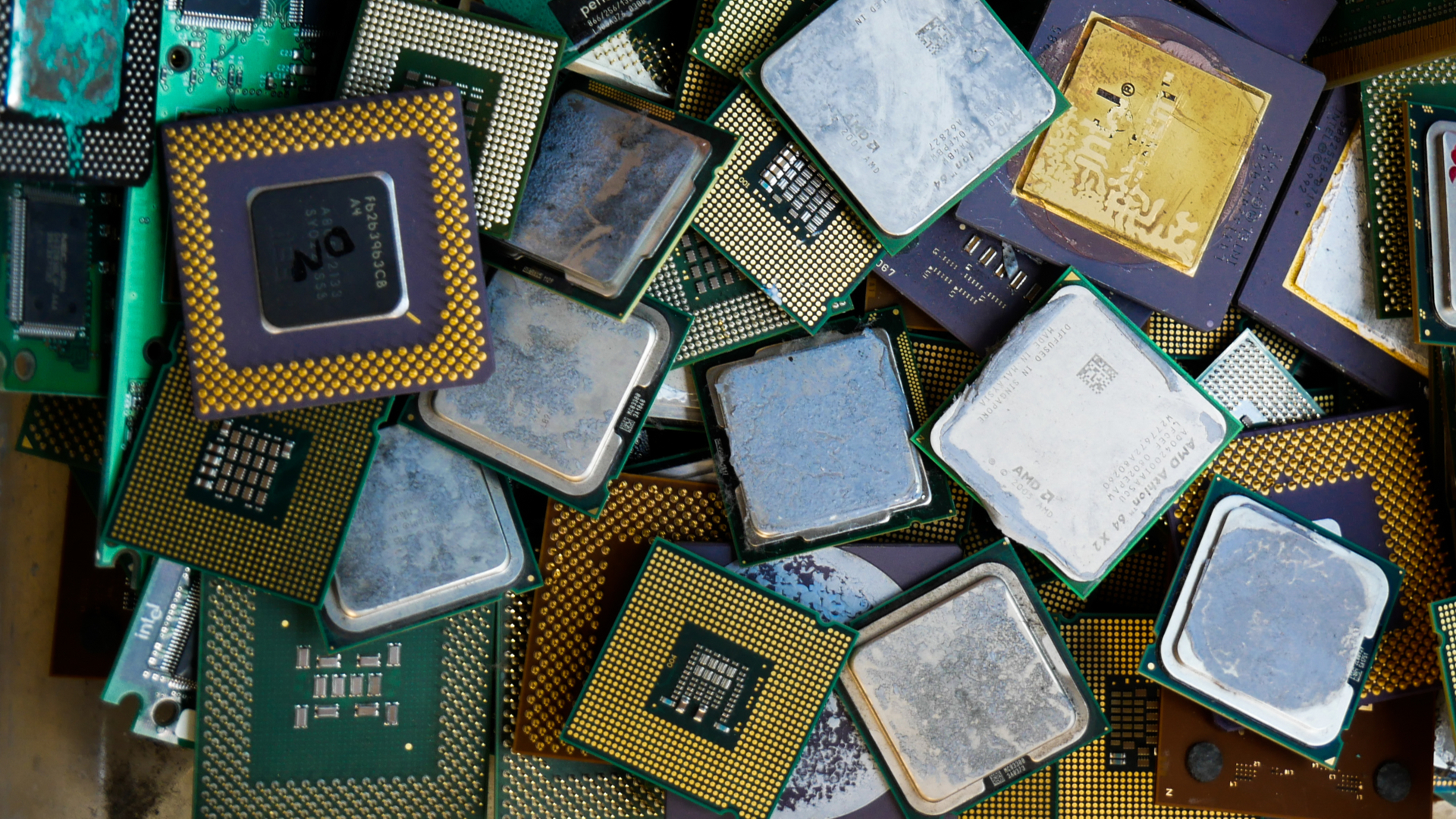 Tech giants lobby US to fund chip production
Tech giants lobby US to fund chip productionNews Industry heavyweights ask Congress for $50 billion in chip manufacturing subsidies
-
 Microsoft has an edge on AWS, according to IT executives
Microsoft has an edge on AWS, according to IT executivesNews Goldman Sachs survey suggests IT executives see Microsoft winning the cloud wars over the next three years
-
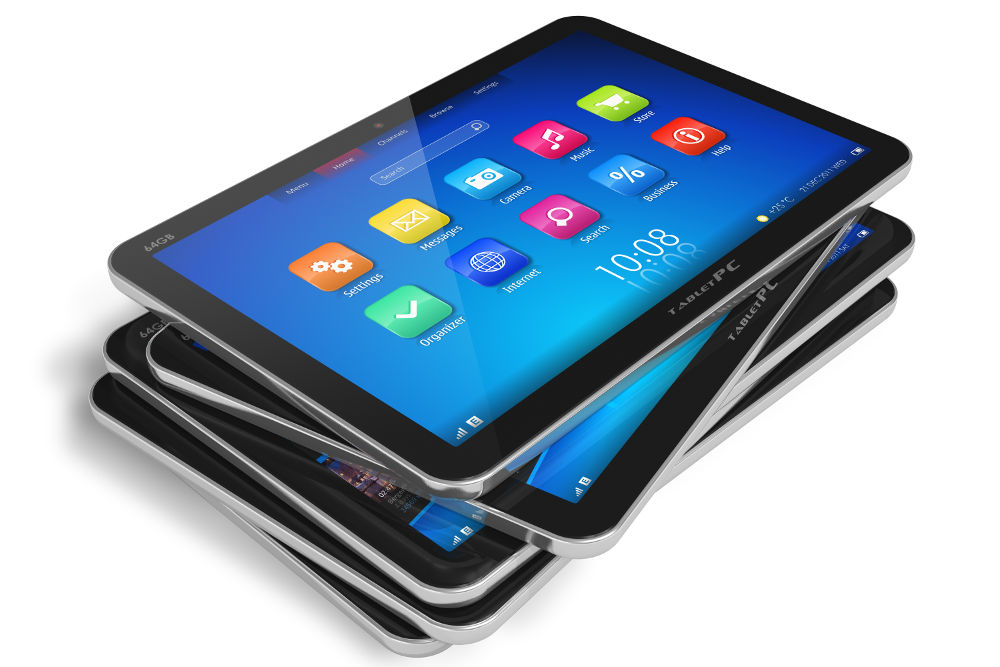 Tablet market falls 15% as low-cost devices lead sales
Tablet market falls 15% as low-cost devices lead salesNews Weakened market caused by 'low-cost detachables" sees third-quarter tablet sales fall by 15%
-
 Tablet sales decline, but detachables rise in popularity
Tablet sales decline, but detachables rise in popularityNews Devices such as the iPad Pro and Microsoft Surface are quickly replacing PCs, IDC says


